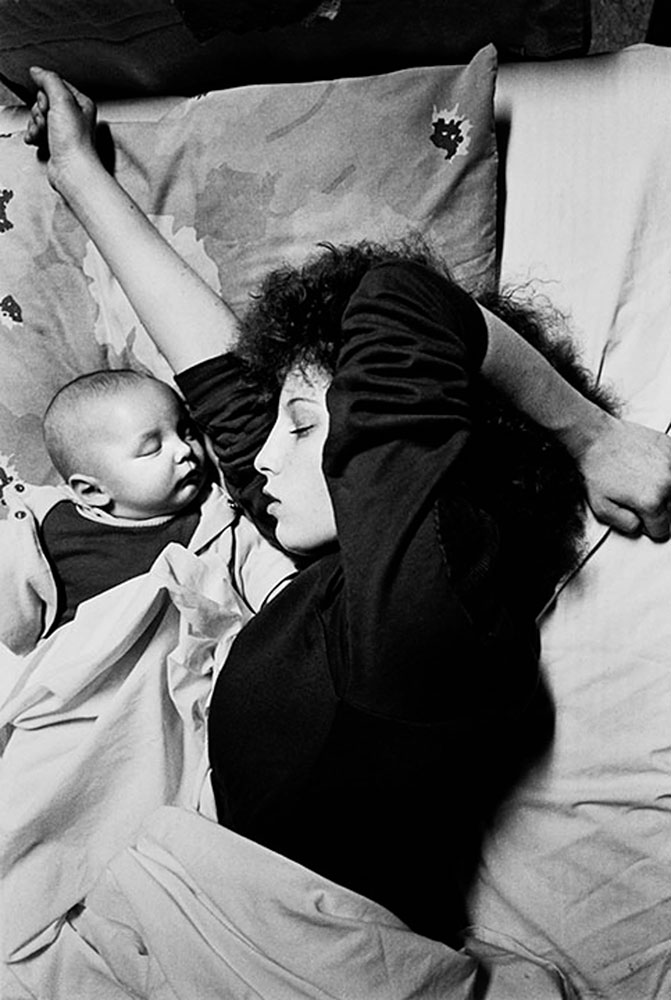Donna Ferrato: Selections from Living with the Enemy
Newport Art Museum • Newport, RI • newportartmuseum.org • Through June 6, 2021
With the exhibition, Donna Ferrato: Selections from Living with the Enemy, curators Francine Weiss and Megan Horn of the Newport Art Museum have brought us an unwavering view of Ferrato’s photographic work and the consequences of domestic abuse. In the 1980s, Ferrato rode with law enforcement and lived in women’s shelters to expose the stories of domestic violence. That body of work became the Aperture publication Living with the Enemy (1991). Though graphic in content, the Museum has taken a thoughtful approach to the collection, which was gifted to the Museum last year. It has also partnered with local organizations: the Rhode Island Coalition Against Domestic Violence, Women’s Resource Center (Newport), Sisters Overcoming Abusive Relationships (SOAR). Together, they will present a virtual Community Conversation in March with Ferrato.

In this new world of quarantine and social distancing, for many, traditional support networks have broken down; the only people we see in a day are those we live with. Concurrently, domestic abuse has escalated as COVID-19 forces people inside, both away from their support systems and closer to their abusers. Through this exhibition, Weiss and Horn offer the viewer a contemplative path to walk. Entering the gallery, the first image we meet is that of a survivor. We then move to the act itself and the systematic effects, including those on children, the justice system, and shelters.
As photojournalist, activist, and advocate, Ferrato’s images lay bare domestic abuse’s many manifestations—from graphic images of survivors to tender moments of a mother and her baby. With care and elegance, Ferrato confronts our expectations of what domestic abuse looks like. Her camera also calling attention to how abuse permeates a woman’s life forever. The photographs are themselves beautiful and difficult, each image composed with delicacy and awareness. The black-and-white film elevates these images into a timeless space. If not for the recognizable fashion styles of the ’80s in many images, Ferrato could have taken these photographs just yesterday—they are as relevant today as when she took them. The exhibition concludes with her recent works documenting protests for women’s rights.
—Abbi Kenny
